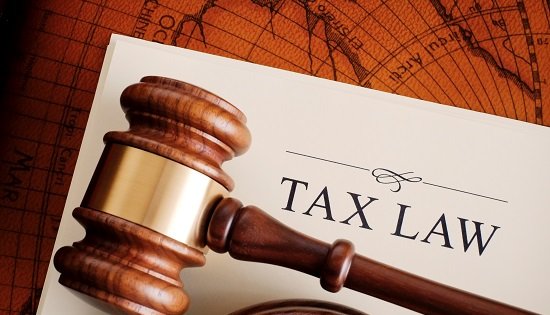Here’s What The New Tax Relief For Startups In Kenya As Announced By President Ruto Means
On Thursday, March 30, 2023, Kenya’s President William Ruto announced that startup companies based in Kenya would be exempted from paying taxes on unrealised gains, effective July 1, 2023. The president made the announcement at the Ole Sereni Hotel in Nairobi during the American Chamber of Commerce Regional Business Summit. He noted that his administration wanted to make Kenya an apex innovation centre by attracting investments from startups, but a few hindrances remain that are preventing such businesses from realising their full potential.

President Ruto stated that the Kenyan government would exempt startup companies from paying taxes on unrealised gains on employee-allocated shares starting 1st July this year. He added that his administration is committed to promoting the best operating environment for business enterprises by introducing policies designed to make Kenya the most competitive investment destination across the continent.
read also Kenya’s TIBU Health Raises New Funding To Grow Customer Segment
Additionally, the president noted that Kenya has one of the most developed financial services sectors on the continent and is ripe for the establishment of an International Financial Centre in Nairobi to attract global financial players. He also announced that Kenya, the United States government and the American Chamber of Commerce had launched a trilateral business dialogue to address and resolve the challenges of U.S. investors and businesses in Kenya, in a bid to boost trade among the two nations.
The exemption of startup companies from taxes on unrealised gains on employee-allocated shares is a positive development for the startup ecosystem in Kenya. This move will provide a much-needed financial boost for new businesses that are struggling to attract investment. By removing this tax burden, more startups are likely to attract investment, which will help them grow and scale up.
However, it is important to note that this exemption is only on unrealised gains, and startups will still be required to pay taxes on any realised gains.
read also Ghana withdraws huge tax claim against MTN
An unrealized gain or loss is a change in the value of an asset that has not yet been sold. This means that it is only a paper gain or loss and has not resulted in any cash or taxable event. For example, if you buy a stock for $10 and its value increases to $15, you have an unrealized gain of $5. However, if you sell the stock for $15, then you will have a realized gain of $5 that will be taxable.
Unrealized gains or losses are not taxed until they are realized, which means until the asset is sold. So, if you hold on to the asset and it continues to increase in value, you won’t owe any taxes until you sell it.
To calculate unrealized gains or losses, you need to determine the current market value of the asset and compare it to its original purchase price. The difference between the two values will give you the unrealized gain or loss.
Unrealized gains or losses can be relevant at any stage of a business. For example, if a business owns stocks or other investments that have increased in value, the unrealized gains will increase the net worth of the business. On the other hand, if a business has assets that have decreased in value, it will have an unrealized loss. These unrealized gains or losses may affect the financial statements of the business, but they will not result in any tax liability until the assets are sold.
Tax startups Kenya Tax startups Kenya
Charles Rapulu Udoh

Charles Rapulu Udoh is a Lagos-based lawyer, who has several years of experience working in Africa’s burgeoning tech startup industry. He has closed multi-million dollar deals bordering on venture capital, private equity, intellectual property (trademark, patent or design, etc.), mergers and acquisitions, in countries such as in the Delaware, New York, UK, Singapore, British Virgin Islands, South Africa, Nigeria etc. He’s also a corporate governance and cross-border data privacy and tax expert.
As an award-winning writer and researcher, he is passionate about telling the African startup story, and is one of the continent’s pioneers in this regard



